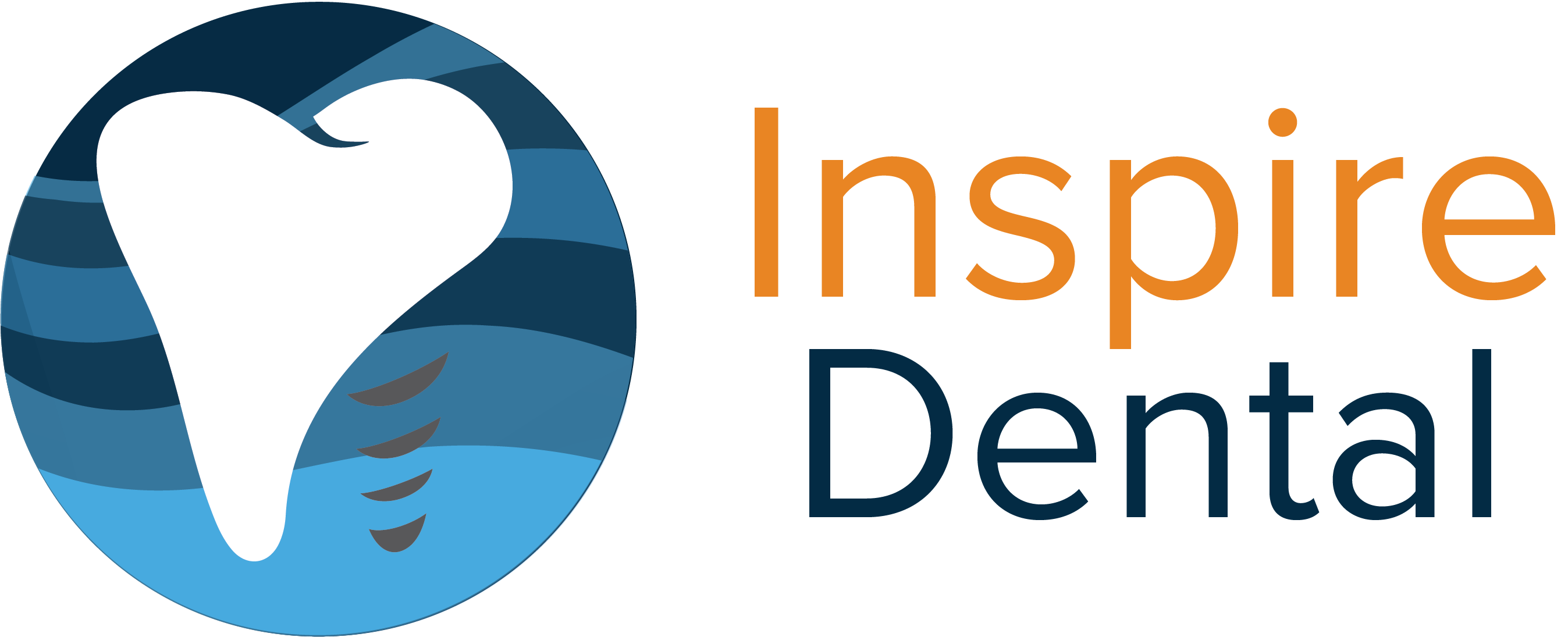Your mouth is more than just an eating place. Connection Between Oral and Overall Health. It plays a big role in your overall health. Many people do not realize how important oral health is. Poor dental care can lead to serious health issues. This article will explore the strong link between oral health and your body’s health. You will learn why taking care of your teeth is vital for your well-being.
Key Takeaways
- Oral health affects overall health. Problems in your mouth can lead to issues in other parts of your body.
- Gum disease is a risk factor. It can increase the chances of heart disease and diabetes.
- Good dental care is important. Brushing, flossing, and regular dentist visits can prevent many health problems.
- Nutrition matters. A healthy diet supports both your teeth and your body.
- Stay informed. Knowing how oral health connects to your body can help you make better choices.
Discover more about maintaining a healthy smile through comprehensive dental care.
The Importance of Connection Between Oral and Overall Health

Oral health is not just about having a pretty smile. It is essential for your overall well-being. Your mouth is a gateway to the rest of your body. When you eat or drink, you introduce things into your body. If your mouth is not healthy, those things might not be safe. Bacteria from your mouth can enter your bloodstream. This can lead to infections in other parts of your body.
Many people overlook oral health. They may think it only matters for appearances. However, gum disease and tooth decay can cause serious problems. For example, bacteria from gum disease can travel to your heart. This can increase the risk of heart disease.
The Link Between Oral Health and Chronic Conditions
Many studies show a connection between oral health and chronic diseases. Here are some conditions linked to poor oral health:
Heart Disease
Gum disease leads to inflammation. This inflammation can affect the heart. People with gum disease often have a higher chance of developing heart disease. Regular dental care can reduce this risk.
Diabetes
Diabetes and oral health go hand in hand. People with diabetes are more likely to get gum disease. This is because high blood sugar can hurt the gums. On the other hand, gum disease can make it harder to control blood sugar. This creates a cycle that can be difficult to break.
Respiratory Issues
When you breathe, you take in air full of germs. If your mouth is not healthy, these germs can enter your lungs. This can lead to problems like pneumonia. Keeping your mouth clean can help prevent these issues.
| Oral Health Condition | Potential Health Issues | Impact on Overall Health |
|---|---|---|
| Gum Disease | Heart Disease, Diabetes | Increased inflammation and risk |
| Tooth Decay | Infections, Pain | Lower quality of life |
| Bad Breath | Social Anxiety | Reduced self-esteem |
Understanding Gum Disease
Gum disease is a leading cause of tooth loss in adults. It starts with plaque. Plaque is a sticky film of bacteria. If not removed by brushing and flossing, plaque can harden into tartar. Tartar can only be removed by a dentist.
There are two main types of gum disease:
Gingivitis
Gingivitis is the early stage of gum disease. Symptoms include swollen gums and bleeding when brushing. Luckily, gingivitis is reversible with good oral care.
Periodontitis
If gingivitis is not treated, it can lead to periodontitis. This is a more severe form of gum disease. It can cause damage to the bone supporting your teeth. This can lead to tooth loss.
The Role of Nutrition
What you eat affects your teeth. A healthy diet can keep your mouth and body in good shape. Foods rich in vitamins and minerals support oral health. For example, calcium is important for strong teeth. Dairy products like milk and yogurt are great sources of calcium.
Fruits and vegetables are also crucial. They provide vitamins that help keep gums healthy. Crunchy foods like apples can help clean teeth naturally.
On the other hand, sugary foods can harm your teeth. Sugar feeds the bacteria that cause tooth decay. Reducing sweets can protect your teeth and improve overall health.
Additionally, here are some foods that promote oral health:
- Leafy greens (rich in vitamins)
- Nuts and seeds (provide healthy fats)
- Whole grains (support overall nutrition)
- Green tea (contains antioxidants)
Good Dental Habits

You can take steps to maintain your oral health. Here are some tips:
Brush Your Teeth Twice a Day
Brushing helps remove plaque. Use a soft-bristled toothbrush and fluoride toothpaste. Brush for at least two minutes.
Floss Daily
Flossing helps clean your teeth. Many people skip this step, but it is vital. Flossing removes plaque and food particles that your toothbrush cannot reach.
Regular Dental Visits
Seeing a dentist regularly is important. Dentists can spot problems early. They can clean your teeth and provide advice for better care at home. Aim for two visits a year. Learn about specialized treatments to enhance your smile and dental health.
The Impact of Smoking on Oral Health

Smoking is bad for your health in many ways. It harms your teeth and gums too. Smokers are more likely to develop gum disease. Smoking also slows down healing. This means that if you have gum disease, it will take longer to get better.
If you smoke, quitting can improve your oral health. It can also boost your overall health.
The Benefits of Good Oral Health
Taking care of your teeth and gums has many benefits. Here are a few:
Better Overall Health
When you practice good oral care, you lower your risk for many diseases. This includes heart disease, diabetes, and respiratory issues.
Improved Self-Esteem
A healthy mouth makes you feel good about yourself. You are more likely to smile and show your teeth. This can boost your confidence.
Less Pain and Discomfort
Good oral hygiene means fewer dental problems. This means less pain and fewer trips to the dentist.
How Stress Affects Oral Health
Stress can also impact your oral health. Many people grind their teeth when they are stressed. This can lead to tooth wear and jaw pain.
Stress can also affect your immune system. When your immune system is weak, you may be more likely to get gum disease. Finding ways to manage stress is important for your overall health.
Special Considerations for Aging Adults
As you age, oral health becomes even more important. Many older adults face challenges like dry mouth or gum disease. These issues can make it harder to eat and enjoy food.
Regular dental check-ups can help older adults maintain their oral health. Dentists can provide treatments to help with dry mouth and other issues.
| Age Group | Common Oral Health Issues | Recommended Care |
|---|---|---|
| Children | Cavities, Misalignment | Regular dental check-ups |
| Adults | Gum disease, Tooth decay | Biannual dental visits |
| Seniors | Dry mouth, Periodontitis | Specialized dental treatments |
The Importance of Education and Awareness
Understanding the connection between oral health and overall health is crucial. Awareness can lead to better choices. Talk to your family and friends about the importance of dental care. The more people know, the less likely they are to ignore their oral health.
Conclusion
Your mouth is a vital part of your body. Poor oral health can lead to serious issues. It can affect your heart, lungs, and even your blood sugar levels. By taking care of your teeth and gums, you help protect your overall health.
Make good dental care a priority. Brush and floss daily, eat nutritious foods and visit your dentist regularly. These simple steps can lead to a healthier, happier life.
Maintaining your oral health is not just about having a nice smile. It is about living a healthy life. You have the power to influence your health. Take control by prioritizing your dental care.
In summary, the connection between oral and overall health is strong. Understanding this link can help you make better choices for your health. So, take that first step today! Visit your dentist and start your journey to a healthier you.
